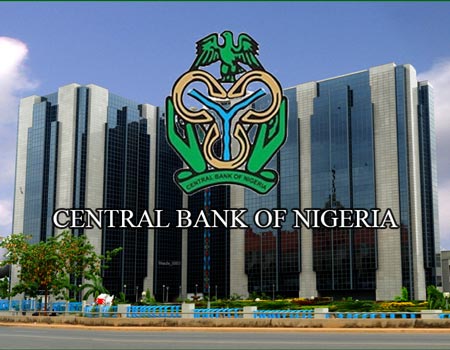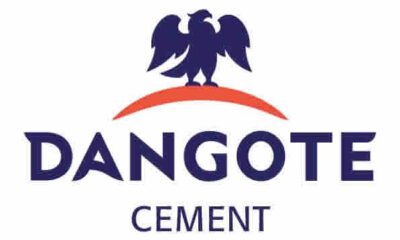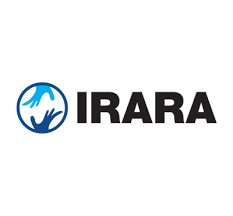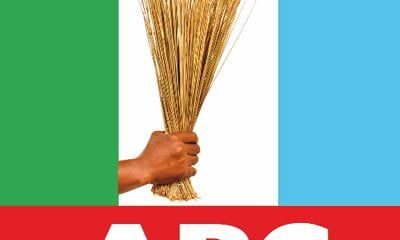Business
CBN Proposes Five-Year Ban For Serial Dud Cheque Issuers

The Central Bank of Nigeria (CBN) has rolled out a new guideline targeting dud cheques, proposing a five-year ban for customers who repeatedly issue them, in a bid to change industry practices.
In a new set of guidelines released Monday in Abuja, this move reflects a stronger compliance stance across the financial services sector, with the apex bank inviting stakeholder feedback to shape a more robust and transparent implementation framework. The consultation will stay open for comments over the next three weeks.
Signed by Rita I. Sike, Director of the Financial Policy and Regulation Department, the exposure draft strengthens the CBN’s supervisory role under the Central Bank of Nigeria Act 2007 and the Banks and Other Financial Institutions Act 2020.
It updates previous guidelines on handling dud cheques, aiming to promote market discipline, raise risk management standards, and boost public confidence in cheque-based payments. The move highlights ongoing industry concern that issuing dishonoured cheques keeps damaging trust, slowing settlement processes, and weakening credit assurance in the banking sector.
While Nigeria’s Dishonoured Cheques (Offences) Act of 1977 already outlines criminal penalties, including jail time, the CBN’s new proposal signals a move toward regulatory deterrence. For years, policymakers and legislators have argued over whether punitive approaches work, as shown by a 2023 Senate bill that suggested fines instead of prison terms. The latest draft, however, focuses on operational measures that limit banking access for repeat offenders, framing the guideline more as a preventive compliance tool than a strictly criminal one.
Under the plan, a dud cheque is one bounced purely because of insufficient funds. A customer is labeled a serial offender after issuing three of these within the financial system. Once flagged, they’d be blocked from using the cheque clearing system, getting credit, or opening current accounts for five years. The rule aims to send a clear message of zero tolerance for payment failures that could harm institutional balance sheets and erode stakeholder trust.
To boost oversight, banks and other financial institutions will need to report dud cheque incidents to the CBN’s Credit Risk Management System within an hour, while also filing records with at least two licensed private credit bureaus. They must notify affected customers of the dishonour within two working days using reliable channels. After five years, or if an error in reporting is confirmed, the customer can be removed from the database. Any later offence would result in another full ban.
The CBN will manage the central database, enforce penalties, and handle disputes under current consumer protection rules. Banks and other financial institutions need to run due diligence before opening accounts, factor dud cheque status into risk assessments, and put in place operational controls like cancelling unused cheque leaves. Credit bureaux should keep and share relevant data when asked. Customers are encouraged to take responsibility for their finances by making sure their accounts are funded before issuing cheques.
The framework also sets financial penalties for non-compliance, with fines ranging from one hundred thousand to five million naira, depending on the type of institution and the severity of the violation. Private credit bureaux could be fined up to two million naira per breach. Executive compliance officers and chief technology officers will be responsible for internal monitoring, system readiness, and ensuring reporting accuracy.
Industry analysts believe that if carried out well, the guideline could help reduce fraud, strengthen credit culture, and boost trust in Nigeria’s payment system. Still, they warn that its success will hinge on cooperation among stakeholders, smooth digital system integration, and ongoing engagement from regulators.
The CBN is inviting operators, consumer groups, legal experts, and the public to share their feedback with the Financial Policy and Regulation Department through designated email addresses. The full draft can be found on the CBN website, reflecting the institution’s commitment to open consultations and stronger financial system governance.
-

 Business24 hours ago
Business24 hours agoDangote Cement posts historic N1tn profit
-

 News22 hours ago
News22 hours ago‘3,000 Undocumented Nigerians Seeking Asylum In Germany’
-

 Politics22 hours ago
Politics22 hours agoLagos APC holds congress Tuesday
-

 World News23 hours ago
World News23 hours agoUS war planes crash during Iranian missile attack
-

 Opinion24 hours ago
Opinion24 hours agoCapital budget and the illusion of $1trn economy
-

 Business24 hours ago
Business24 hours agoN5tn capital injection sparks banking sector transformation
-

 Opinion24 hours ago
Opinion24 hours agoTinubu’s Executive Order: Test of fiscal transparency
-

 World News22 hours ago
World News22 hours agoPentagon tells Congress no sign that Iran was going to attack US first – Report


















